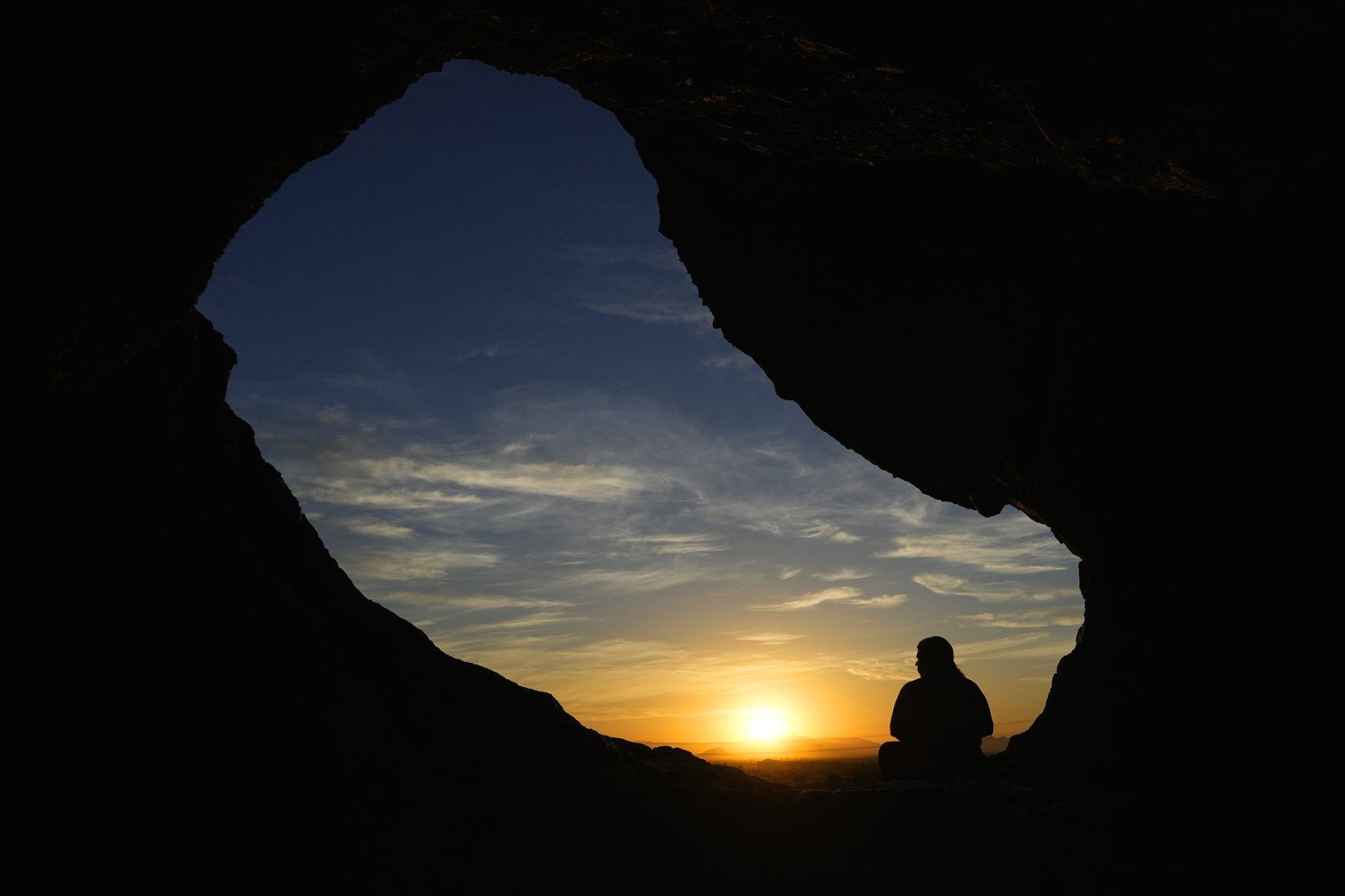Reuniting the Liberal Arts and Sciences
COMMENTARY

With a new academic year about to start, undergraduates will face the perennial question from parents and well-meaning relatives: “What’s your major?”
Woe to the student who mentions a humanities field. They’ll hear concerns about under-employment and “irrelevance.”
In contrast, the student who announces a STEM major will enjoy approving nods and noticeable relief about guaranteed and remunerative employment — in short, “relevance.” Yet, degree-seeking students clamor to only a few STEM fields — computer and bio/health sciences in particular — at the expense of degrees in fields like mathematics and the physical sciences.
This zeitgeist is having negative consequences across humanities departments, science departments, universities and, perhaps, society as a whole.
On the humanities front, English majors fell 23% between 2017 and 2022, while history majors fell 12%, resulting in 113,000 and 77,000 majors respectively, as reported by The Washington Post. During this same period, four-year computer and information science degrees shot up 34% to 573,000.
And according to the National Center for Education Statistics, there were only about 2,300 more mathematics degrees awarded in 2021 than in 1971. The number of physical science degrees has been roughly flat over the last decade.
These figures are more striking when one compares the total number of degrees awarded in 2021 in these fields with those awarded in the top STEM fields: When one combines mathematics and statistics degrees (a category within NCES’ reporting) and physical science and science technology degrees (also one category), there were just 56,330 degrees awarded compared with 236,373 in computer sciences and bio sciences.
A lopsided result, it seems, after decades in which media, government and employers have promoted science degrees more broadly.
For me, as the president of St. John’s College — a traditional liberal arts college with campuses in Annapolis, Maryland, and Santa Fe, New Mexico — being a proponent of the humanities also means promoting the natural, physical sciences and prompts questions about what education is, what it is for, and what comprises a well-rounded education.
“Liberal arts” is short for “liberal arts and sciences,” which the ancient Greeks considered deeply connected.
Both were the foundation of the modern Western university system — from Bologna, Oxford and Cambridge to Harvard and Yale — and were assumed essential to being an educated person.
Even as Europeans heavily invested in research universities, the liberal arts and sciences blossomed in American colleges, only to begin collapsing in recent history.
But the “and” in “liberal arts and sciences” is perhaps more valuable than ever in our age of hyper-specialization, fragmentation and generative intelligence. Together, they unleash students’ full potential as creative thinkers and problem solvers.
At St. John’s, the arts and sciences remain conjoined through our all-required curriculum, and the sciences we study are, by design, deeply connected to our natural world.
With our planet and its ecosystems teetering on the edge of what seems like irreversible changes, with the arrival of automation and artificial intelligence that can make the human mind seem irrelevant, the arts and sciences together provide students with the ability to explore, question and uncover the most ethical paths toward human advancement.
Nora Demleitner is president of St. John’s College, Annapolis, Maryland. Demleitner became the 25th president of St. John’s College, Annapolis, in January 2022. An expert on criminal justice issues, including sentencing guidelines, she was dean of the law schools at Washington & Lee and Hofstra University before bringing her ample experience in academic and institutional leadership to the college. She received her B.A. from Bates College, her J.D. from Yale and her L.L.M. from Georgetown in international and comparative law. Demleitner can be reached by email.
























